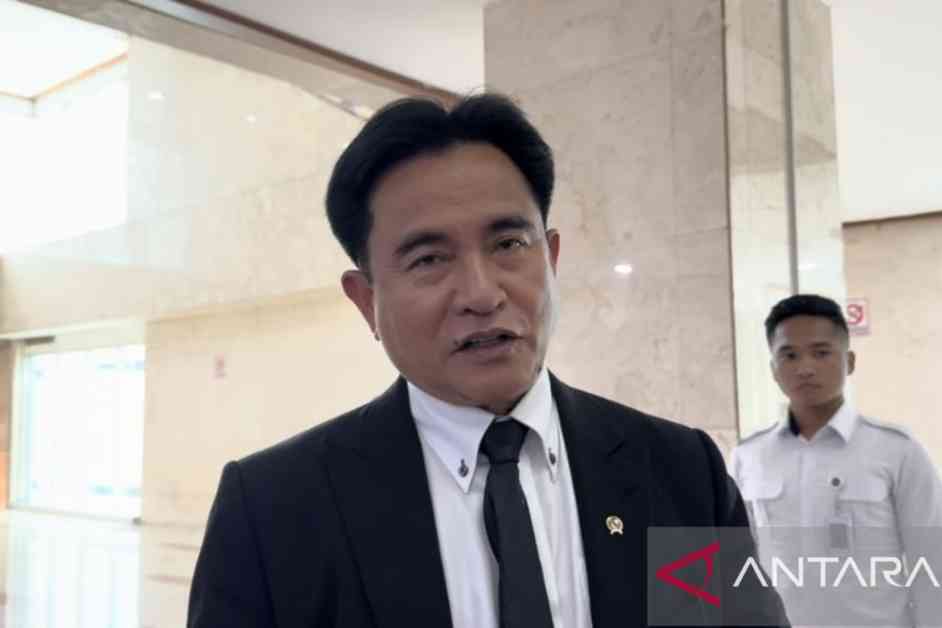Amnesty Grant Process Finalization by Government Minister
In a recent development, Coordinating Minister for Law, Human Rights, Immigration, and Corrections Yusril Ihza Mahendra disclosed that Minister of Law Supratman Andi Agtas is currently overseeing the processing of candidates for the amnesty plan. This crucial step in the amnesty process marks a significant milestone in the government’s efforts to address legal and policy issues surrounding the granting of amnesty.
Minister Mahendra emphasized the meticulous handling of the technical aspects of the amnesty by Minister Agtas. As the names of potential candidates are being compiled for submission to President Prabowo Subianto, the intricate details of the amnesty plan are being meticulously sorted out to ensure a smooth and efficient process.
When asked about the timeline for the realization of the amnesty, Minister Mahendra pointed out that the decision ultimately lies within the president’s purview and can be implemented at any time during his tenure. Highlighting the discretionary power of the president in granting amnesty, Mahendra emphasized that it is a policy decision that transcends legal considerations, allowing for the modification of previously imposed sentences based on the president’s judgment.
Drawing parallels with international practices, Mahendra cited the example of President Joe Biden of the United States, who has recently granted amnesty to select prisoners. This comparison underscores the commonality of amnesty as a tool used by heads of state to address specific cases and promote reconciliation within society.
Clarification on Amnesty Criteria
In a separate statement, Minister of Human Rights Natalius Pigai clarified the scope of the amnesty granted by President Prabowo. Contrary to some speculations, the amnesty does not extend to political prisoners involved in armed treason. This distinction aims to uphold the principles of justice while fostering a sense of accountability among individuals facing serious charges.
According to Minister Pigai, the amnesty is specifically intended for political prisoners and individuals convicted of non-violent offenses. This targeted approach seeks to promote reconciliation and peace in regions affected by political unrest, such as the ongoing conflict in Papua involving the Armed Criminal Group (KKB).
Elaborating on the eligibility criteria for amnesty, Minister Pigai highlighted specific groups that would benefit from the president’s decision. These include prisoners with long-term illnesses, elderly inmates, individuals with disabilities, pregnant prisoners, those with toddlers, minors, individuals living with HIV/AIDS, and individuals charged with violations of the Electronic Information and Transactions Law (ITE Law).
Implications of Amnesty Decision
As the government finalizes the processing of candidates for amnesty, the decision holds significant implications for the legal landscape and societal dynamics in Indonesia. By extending amnesty to select groups of individuals, the government aims to address systemic issues within the criminal justice system and promote inclusivity and compassion.
Experts in legal and human rights fields have lauded the government’s efforts to grant amnesty to vulnerable populations and individuals facing unique challenges within the prison system. This proactive approach reflects a commitment to upholding human rights principles while recognizing the complexities of individual circumstances.
In conclusion, the government’s decision to finalize the amnesty process underscores a commitment to justice, reconciliation, and social cohesion. By navigating the intricate details of the amnesty plan and ensuring transparency in the selection of candidates, the government sets a precedent for inclusive and compassionate governance that prioritizes the well-being of all citizens.
Copyright © ANTARA 2025






















